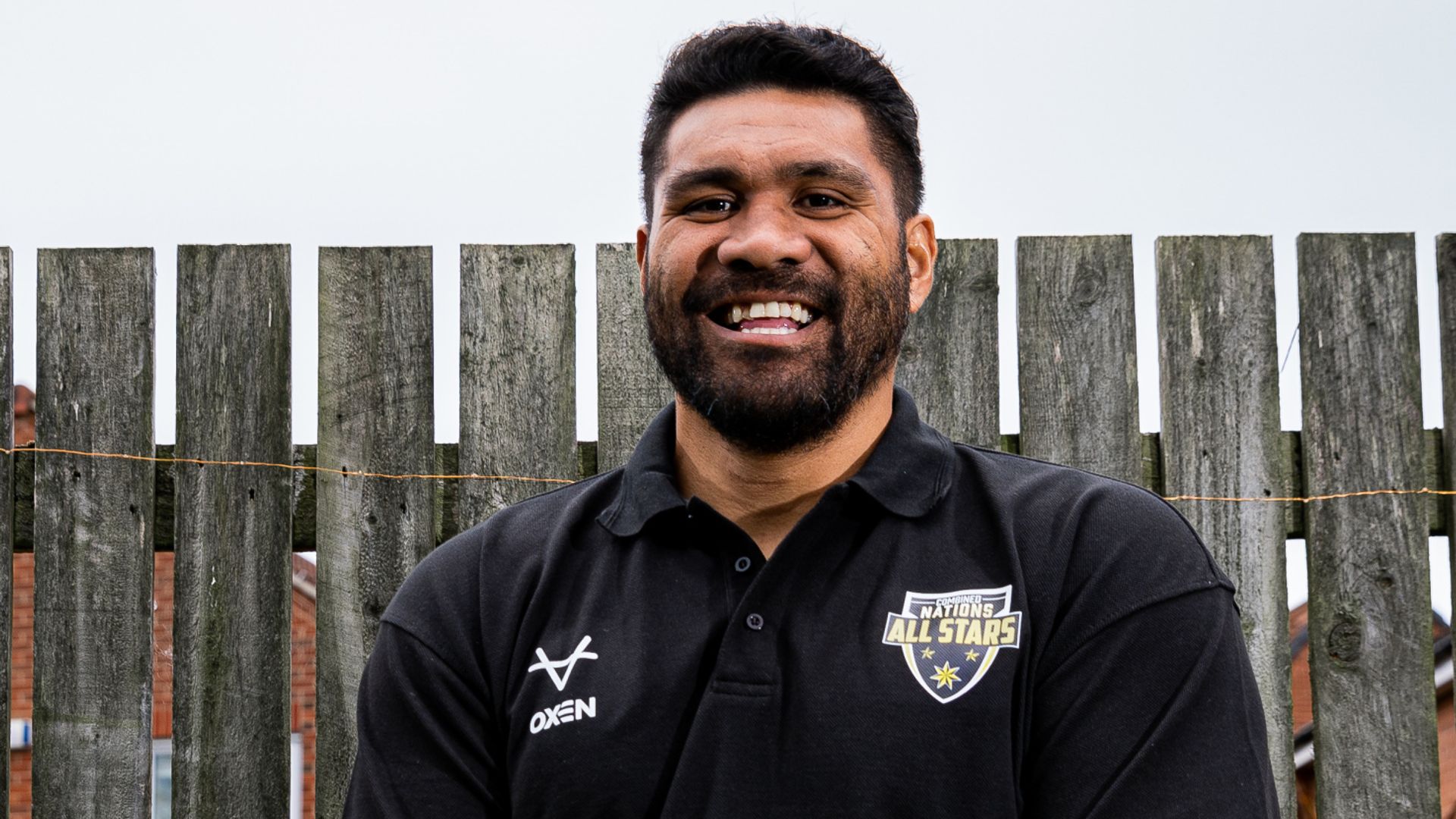How to Enforce the ‘Duty to Intervene’
More than half the country’s large law enforcement agencies require officers to intervene if they see a colleague committing an unlawful act. But these requirements only work if there are clear penalties for not doing so, says the Center for Justice Research at Texas Southern University..

Three officers stood by for a span of over nine minutes and watched as former Minneapolis police officer Derek Chauvin murdered George Floyd.
As each minute passed, the observing officers had a growing obligation to intervene and prevent Chauvin from using such excessive force. But while these officers are now charged with violating Floyd’s civil rights, their attorneys suggest that they should be absolved from responsibility because they simply deferred to their higher-ranking officer.
EDITOR’S NOTE: The federal trial of the three officers ― J. Alexander Kueng, Tou Thao and Thomas Lane ―was postponed in Minneapolis Wednesday after one of the officers tested positive for Coronavirus.
George Floyd’s death on May 25, 2020 is only one of many incidents of officers’ using excessive force. How many of those incidents might have been averted if colleagues of those officers had intervened?
A recent poll of 8,000 officers found that 84 percent believed officers should be required to intervene when they think another officer is using unnecessary force.

Elizabeth Morehead
But while policies that require officers to intervene when incidents of excessive force arise and report the incident to their higher-ranking officers are found in 50 percent of the largest 100 law enforcement departments, many of these policies are under scrutiny because we have yet to determine their effectiveness.
The Center for Justice Research (CJR) at Texas Southern University argues that establishing officers’ lawful duty to intervene is just as important as an officers’ duty to serve and protect.
But these laws can only be effective if the underlying language is clear, impactful and when there is a penalty for violating the law.
The research done by the CJR finds that maintaining safety is achievable, but only if the language in these policies is clear, and if officers have an explicit responsibility to intervene, stop excessive force and face severe consequences for failing to do so.
The Language of the Law
The arguments for and against Duty to Intervene laws and policies are numerous. At the heart of the issue is how these laws are worded.
Many policies use ambiguous wording that make them less impactful and difficult to enforce under the court of law. An example of this can be found in the guiding principles established by the U.S. Department of Justice (DOJ) which states that “an officer who purposefully allows a fellow officer to violate the victim’s Constitutional rights may be prosecuted for failure to intervene to stop the Constitutional violation.”
Digging into this language, it is clear the DOJ is using ambiguous and conditional language.
Using the word “purposeful” opens up a debate about the officers’ intentions, which can be interpreted in many ways depending on who the bystanders were, who the judge is, and numerous other factors.
A weak attempt to stop an officer who is using excessive force, like a tap on the shoulder or a calm utterance telling the officer to “stop,” could be determined as sufficient to allow it to be interpreted as performing a duty to intervene.
Given that law enforcement officers have constitutional authority to use deadly force while responding to incidents, the lines between the duty to protect and the duty to intervene become muddled.
The National Fraternal Order of Police argues that duty-to-protect laws and policies inhibit officers’ ability to defend themselves. But these claims are not empirically supported, and they serve to dissuade law enforcement departments from enacting stronger duty-to-intervene requirements
Regardless of debate, one thing is clear: there needs to be better laws surrounding an officers’ duty to intervene. Clearer policies will benefit both the average citizen and officers themselves.
Violent encounters with the police have negative effects on health, neighborhoods, and life chances. Only when laws are formed around the use of violence and excessive force will citizens experience more trustworthy and consistent policing procedures, especially those in marginalized communities, which are commonly over policed.

Howard Henderson
Furthermore, officers in police departments with more restrictive duty-to-intervene and use-of- force policies are less likely to be assaulted, injured, or killed on the job―suggesting that there are benefits to both officers and communities when the proper laws are in place.
The Need for Clear Policies
The clear solution is for individual law enforcement departments around the nation to develop policies clearly establishing a lawful duty to intervene when other officers use of force exceeds the parameters of lawful restraint protocols.
To do so, our research calls for a five-part solution:
-
- Obtain clarity and legal guidance on the Supreme Court’s standing on the duty to intervene;
- Establish national standards on law enforcement officers’ duty to intervene;
- Enforce disciplinary actions when officers fail to follow those standards;
- Adopt state and local laws to ensure every officer and department understands the responsibility to intervene and stop the use of excessive force; and
- Establish evaluation process to monitor and improve duty-to-intervene patterns and practices.
No one should be in any doubt about the underlying principle: An officer’s duty to protect is seamlessly aligned with the obligation to intervene.
Failure in either duty is an exercise of indifference, and therefore a constitutional violation resulting from police officer misconduct.
Howard Henderson is professor of justice administration and founding director of the Center for Justice Research at Texas Southern University. His Twitter handle is @hhendersonphd. Elizabeth Morehead is a policy writer and analyst with the Center.

 Landwebs
Landwebs 






















